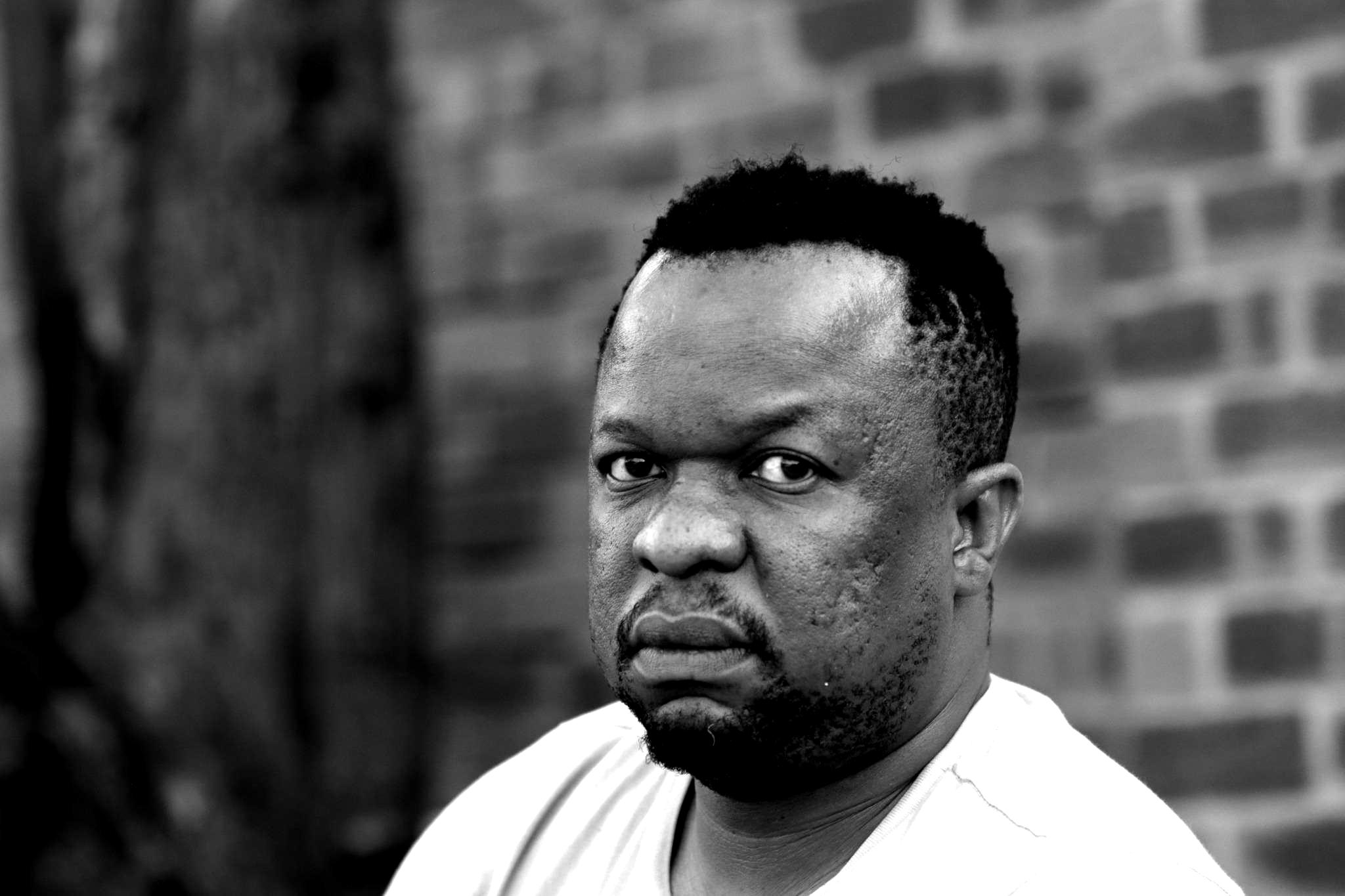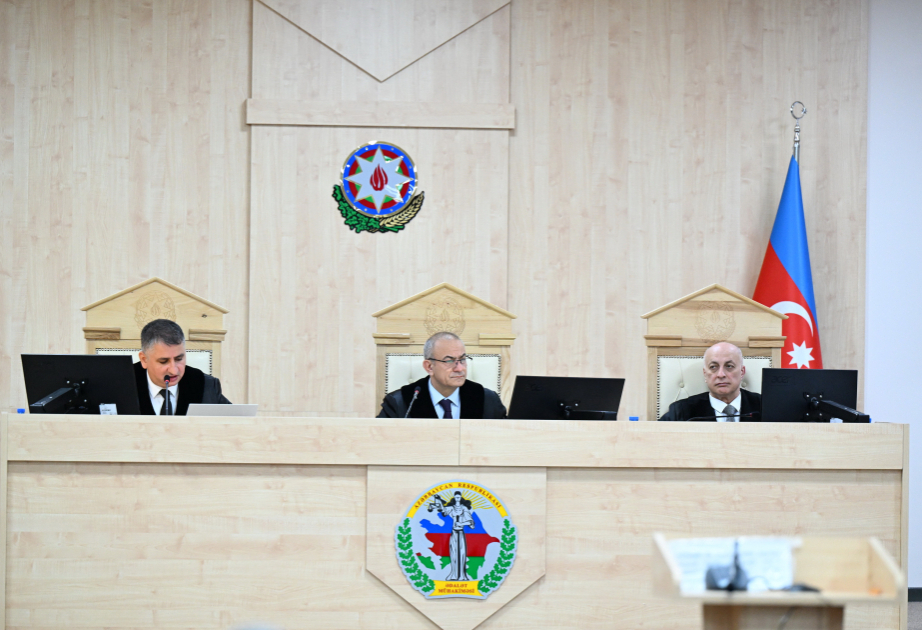By Lesotho Times
Copyright lestimes

The Directorate on Protecting Corruption and Economic Offences (DPCEO) must have convinced itself that the Basotho nation is comprised of fools and dunderheads. Otherwise, it is difficult to understand why the DPCEO — which insists on being known as the DCEO (Directorate on Corruption and Economic Offences), yet it is anything but — would find it suitable to pen such an anthropologically stupid statement trying to explain away its heavy-handed tactics in illegally arresting Mohalenyane Phakela without taking full responsibility for its screw-up.
One would have expected nothing less than a full and unreserved apology. A statement admitting: “We were wrong. We abused our power. We humiliated a journalist for no reason. We will pay damages and reform.” Instead, what did we get? A brainless concoction of bureaucratic mush — the kind of English that could only have been produced by a drunk committee of failed Form C students dictating notes to a broken typewriter. The statement was so daft in construction, so mangled in grammar, so riddled with syntax errors, that it could not qualify as an attempt at Beginner’s English in Pyongyang. At least Kim Jong Un would have done justice to its author – straight beheading.
The Arrest That Should Never Have Been
Let us recall: Acting Lesotho Times editor Mohalenyane Phakela was arrested for allegedly “impersonating” a DCEO officer to obtain… wait for it… a letter. Yes, a harmless letter Maseru Toyota had written confirming it donated three television sets to the Lesotho Correctional Service. Those TVs, according to reports, ended up not in prison common rooms for inmates’ rehabilitation but in the private entertainment spaces of then Commissioner Mating Nkakala — a man whose tenure was itself riddled with scandal, abuse, and chaos.
Instead of thanking Phakela for shining a light on this pettiness, the DCEO — sorry, DPCEO — pounced on him like hyenas on a goat. They confiscated his phones without a warrant, downloaded his data, and threw him overnight into the urine-stenched concrete of Maseru Central Police Station. His crime? Journalism. His weapon? Truth.
And now, weeks later, the DPCEO issues a “clarification.” Except it is not a clarification. It is an insult. It is a smug pat on its own back for “investigating” and “finding no material evidence” — when in reality, there was never any material case to begin with.
After initially blustering about their “case,” they (DPCEO) sheepishly concede they have “no material evidence.” Translation: they had nothing from the beginning. The impersonation charge was fiction, a hoax concocted by Officer Senooe and his gang, who apparently confuse journalism with espionage. They deserve a crash course on how to behave.
The Mock Statement We Deserved (But Got Anyway)
Because the DPCEO’s statement was so appallingly written, Scrutator has taken the liberty of reproducing it in the way it truly reads.
“STATEMENT BY THE DIRECTORATE ON PROTECTING CORRUPTION AND ECONOMIC OFFENCES (DPCEO)
For immediate release and confusion
The Directorate wishes to clarify the confusion that has been confused by other confusing parties in relation to the arrest of Mr. Mohalenyane Phakela, who was arrested but not arrested, detained but not detained, and impersonated but also did not impersonate.
The Directorate would like to state that at all material times, our materials were timely, although sometimes not materially. We were merely exercising our statutory mandate to protect corruption in accordance with our mandate to protect corruption, which is what we do best.
The Directorate understands that journalism is important, especially when it is not important, but in this case it was important enough to be unimportant, hence our actions.
We extend our thoughts and prayers (without apology) to all affected parties, even those unaffected, as this is how we operate — inclusively and exclusively at the same time.
Going forward, the Directorate will continue to work hand in mouth with the media fraternity, so long as the fraternity does not fraternize with our documents, even though the documents are public and private at the same time.
In conclusion, the Directorate wishes to emphasise that while mistakes were made, those mistakes were not our mistakes, but the mistakes of those who mistakenly thought we had made mistakes.
Public Relation Manager and Spokesperson,
A Failed Institution in Action
There you have it. An institution that has existed for more than two decades, consuming billions in taxpayer funds, and what does it have to show? Zero successful prosecutions of major political figures. Zero recoveries of the billions looted from public coffers. But plenty of humiliations of whistleblowers, journalists, and petty offenders.
The Phakela debacle is not an isolated incident. It is the perfect emblem of why the DCEO is a failed experiment. Its dockets are laughably drafted. Its cases collapse faster than a sandcastle in the rain. Its officers swagger about as though they are crime-fighting titans, when in reality they are clerks in cheap suits playing at law enforcement.
And when caught red-handed abusing their powers? They hide behind word salad and bureaucratic waffle.
The Real Crime: Silence on Grand Theft
Where, Scrutator asks, is the DCEO when billions vanish in inflated tenders for agricultural inputs, roads that collapse before completion, or hospitals stripped bare of medicines? Where are the dawn raids on ministers who own suspicious mansions in Ladybrand or fleets of German sedans far beyond their declared incomes?
Instead, the DPCEO’s big triumph is arresting a journalist over three TVs. Three! Not thirty. Not three hundred. Three.
And let us be blunt: if they cannot prosecute someone for stealing televisions, how can we ever trust them to prosecute those who steal millions?
Ask Basotho to name one successful prosecution the DPCEO has brought against the political elite. Silence follows. The cupboard is bare. Not because corruption is absent — it flourishes here like a weed in summer — but because the DPCEO has made failure its institutional culture.
Fear Tactics Won’t Work
If the intention of officer Senooe and his ilk was to frighten Phakela and muzzle the Lesotho Times, then disappointment awaits them like a hungry dog at a butcher’s gate. Senooe himself admitted his real fury was over a previous exposé — the M109 million agriculture tender scandal. That leak embarrassed him, because he was custodian of the file.
But let us be clear: DCEO documents are not classified state secrets. They are draft dockets written in English so tortured it should be tried at The Hague. And if those documents fall into the hands of journalists, we will publish them. Because sunlight is the best disinfectant. Because Basotho deserve the truth.
Whistleblowers, Do Not Fear
And to our brave whistleblowers: do not tremble. The Lesotho Times has always anticipated losing phones, whether through street theft or Senooe’s strong-arm tactics. Which is why our real tools are hidden safely beyond reach. Your identities are safe. Your leaks are safe. Keep them coming.
We will guard you with everything we have, because this nation cannot afford to let truth die in darkness.
Unable to prosecute the real thieves, Senooe turned his fury on the messenger because the messenger once published a docket that was leaked from Senooe. This is personal vendetta dressed up as law enforcement. And the DPCEO, instead of disciplining Senooe, doubles down with a statement that insults the intelligence of the nation.
Lesotho, Land of the Bizarre
Of course, this entire saga sits neatly alongside Lesotho’s pantheon of bizarre national embarrassments. A pastor charged with treason for recruiting phantom militias to “reclaim” South African land. A parliament obsessed with banning naturalised citizens while ignoring billion-rand looting. A judiciary that jails journalists while letting corrupt officials stroll free in tailored suits.
Lesotho never disappoints in making headlines for the absurd. And the DCEO — sorry, DPCEO — remains one of the chief producers of this tragicomedy.
The Final Word
Let us not mince words. The DCEO has humiliated itself. It has insulted the intelligence of Basotho. It has squandered public trust. And with its refusal to apologise fully to Phakela, it has confirmed what many already believe: that it is an agency that protects corruption, not prosecutes it.
Scrutator therefore delivers this verdict: shut it down, reform it from scratch, or hand its mandate to an institution with the courage, capacity, and integrity to actually tackle graft. Until then, it remains nothing more than the Directorate on Protecting Corruption and Economic Offences.
And to the real thieves? Please continue your banquets, unbothered. You are untouchable. The DPCEO protects its own after all by wasting time probing the theft of three television sets yet you pilfer millions daily out of state coffers. Keep on pilfering please. For as long as this institution is not disbanded, the day belongs to you thieves, fraudsters and money launderers.



